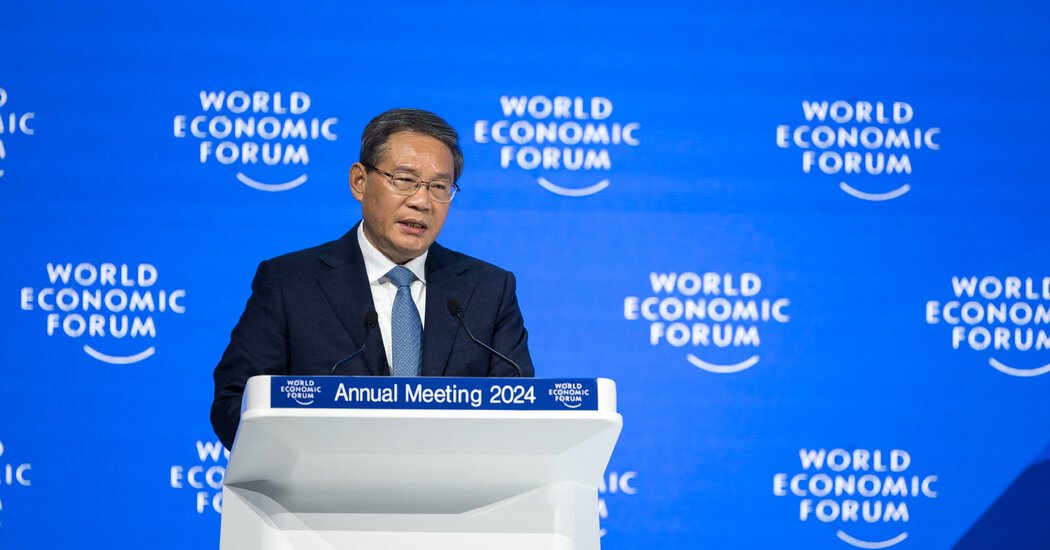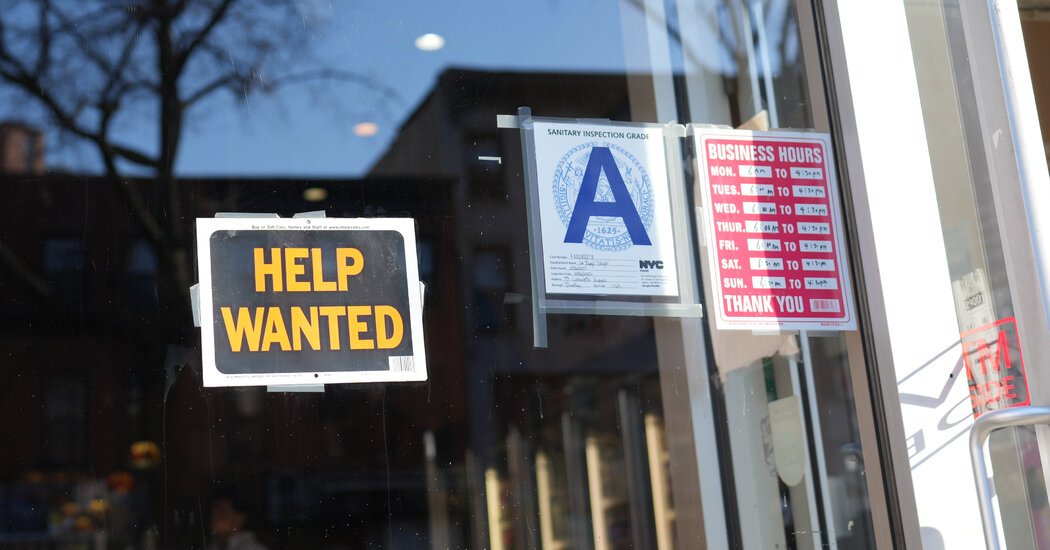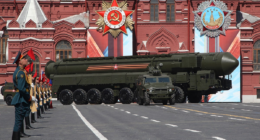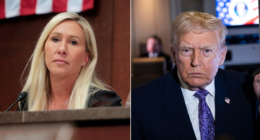China’s second-highest leader said Tuesday that his country’s economy had grown “around 5.2 percent” last year, providing an unusual early glimpse of important economic data a day before its official release.
Speaking at the World Economic Forum in Davos, Switzerland, Premier Li Qiang, the second-highest official in China after Xi Jinping, said China had beaten its target last year of economic growth of about 5 percent. He also insisted that China had managed to expand the economy without using risky or short-term measures, like large spending or credit programs.
“In the course of economic development, we have held to avoiding major stimulus, and have not sought short-term growth at the price of accumulating long-term risks,” he said.
Mr. Li’s comments were consistent with publicly available estimates of economic growth for last year. China will announce the official number in Beijing on Wednesday.
Caixin, a Chinese news organization, said a survey of economists last week concluded that the economy had probably grown 5.3 percent.
The timing of official economic reports has been a sensitive subject in China ever since the government delayed the release of economic growth information by a week in October 2022. The extra time allowed the Communist Party to finish an important national congress before lackluster statistics were distributed to the public.
Stephen Roach, a Yale economist and former chairman of Morgan Stanley Asia, said Mr. Li’s mention of an estimate of economic growth was a far less serious digression from any global norms than the 2022 delay. “There are enough questions about the credibility of China’s numbers that I don’t think this is a serious breach of our confidence in those numbers,” he said.
As Mr. Li mentioned, China has been wary of rapidly ramping up economic stimulus to reverse a broad slowdown. China has been particularly wary of increases in central government spending. It even trimmed the country’s social safety net last year by enacting a smaller increase in government payments to seniors and by halting a large unemployment insurance program.
But in recent months China’s central government has authorized extra bond sales, which are a form of borrowing, and has raised its ceiling for deficit spending. Beijing said the bonds were necessary partly to provide extra money in response to severe flooding last summer. China’s central bank has also taken steps to indirectly provide extra credit to local governments this winter.
China faces a sharp downturn in real estate and an alarming loss of consumer confidence. Mr. Li used much of his speech at Davos to present China as an attractive market for global companies and as a country with strong prospects for economic growth. He pointed out that China, which is the world’s largest exporter, had what he described as the world’s broadest array of industries.
Chris Buckley and Li You contributed reporting and research.







